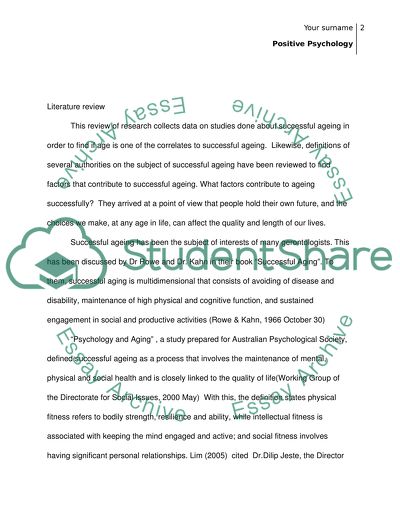Cite this document
(“Positive Psychology: Does having a younger spouse help you age Research Paper”, n.d.)
Retrieved de https://studentshare.org/psychology/1390348-positive-psychology-does-having-a-younger-spouse
Retrieved de https://studentshare.org/psychology/1390348-positive-psychology-does-having-a-younger-spouse
(Positive Psychology: Does Having a Younger Spouse Help You Age Research Paper)
https://studentshare.org/psychology/1390348-positive-psychology-does-having-a-younger-spouse.
https://studentshare.org/psychology/1390348-positive-psychology-does-having-a-younger-spouse.
“Positive Psychology: Does Having a Younger Spouse Help You Age Research Paper”, n.d. https://studentshare.org/psychology/1390348-positive-psychology-does-having-a-younger-spouse.


